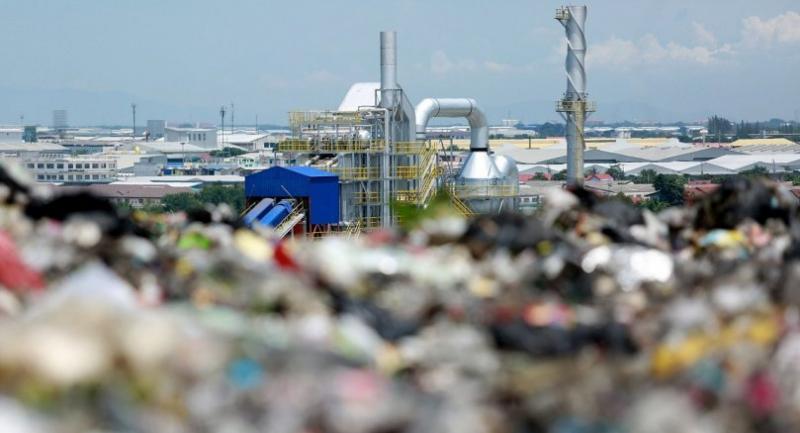Plans are underway in Kano state, Nigeria to produce 150 MW of electricity from waste. This was announced by Capegate Investment Limited, a Nigerian-based company that specializes in Biotechnology and Waste management, approximately three months after it signed a 20-year public-private partnership with the Kano State Government and took over waste management in the state.
Speaking on the aforementioned plans, Bello Abba Yakasai, the company’s Chief Operating Officer (COO) said that next year, they will generate 10 megawatts of electricity and in the next five years, depending on how the typology of waste changes, will yield to 150 megawatts for Kano and Jigawa.
Also Read: Contracts signed for Maiduguri gas-fired power plant in Borno, Nigeria
A part of a larger waste recycling plan
According to the Capegate Investment COO, the plan to produce 150 MW of electricity from waste in Kano is a part of a larger plan where the company intends to establish three major industries.
“One of the industries is what we call a transfer station. This is where all the wastes including plastic, metals, and aluminium among others, will be sorted. The sorted out waste will be recycled or transformed into other products. High-density plastic (HDP) and tires would be converted into burnable oil, while low-density plastic would be converted into shopping bags, water bottles, and other relevant products.”
“The next phase is the diversification industry. In here we will be converting biodegradable waste to produce gas and create steam, which in turn, would be processed into turbines to produce electricity. Under this phase/industry, we hope to facilitate the generation of at least 10 megawatts of electricity before the end of next year (2022),” explained Mr. Yakasai.
In the third industry food waste and bio-waste would be turned into organic fertilizer, which is safer health-wise on crops and human consumption.


Thanks for noticing the error.
“…waste to produce gas and create ///steel///, which in turn…”, I believe you meant to say steam, but otherwise a great article